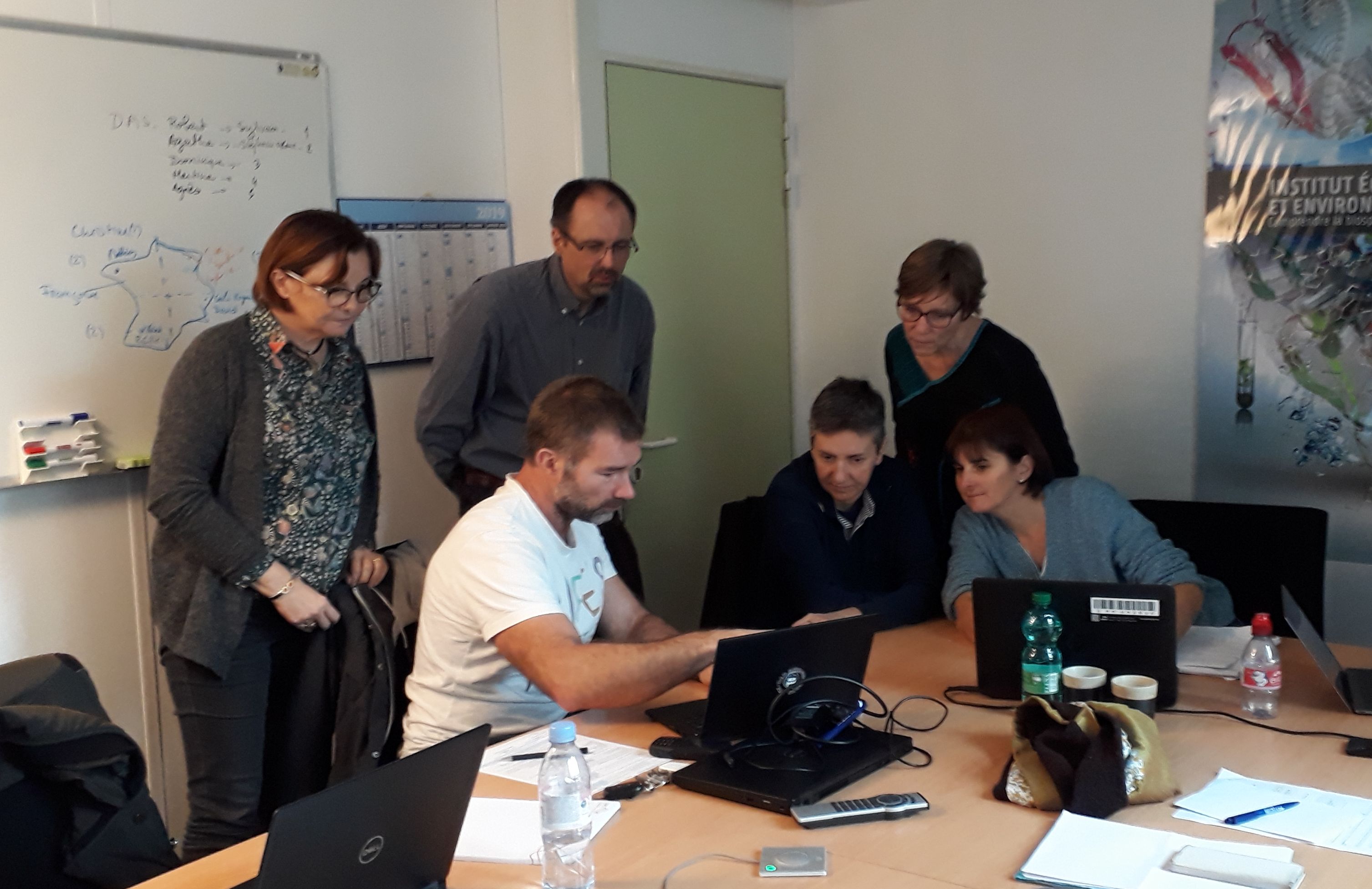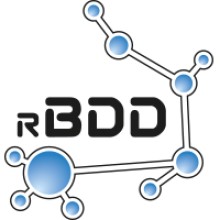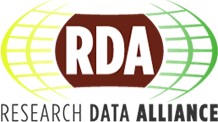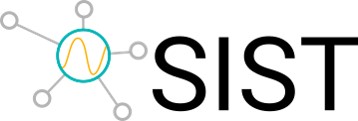Data management within the RZA is part of a national and European roadmap (eLTER) and is part of the collective project "Banking the Data Together" (BED).
1. What is BED?
BED is a collective of multi-institution staff (CNRS, INRAe, university) existing since 2017. This collective is registered at the interface and in interaction with:
- The various Zones Ateliers (14 ZAs), with the role of:
- translate national and European approaches with, among other things, a gallery of good practices and user guides
- implement federative actions locally
- set up training
- The unit BBEES : for training aspects, by providing specifications for targeted interventions in the event that members of the BED “collective” cannot provide training themselves or for server maintenance actions at IN2P3
- The National Biodiversity Data Pole (PNDB), the OZCAR Research infrastructure (OZCAR), the THEIA pole and more generally with the “DataTerra” pole in order to identify needs
- INEE : monitoring the experiences of ZAs in connection with data management, and providing summary information on actions linked to data, making tools and practices consistent with regard to the various challenges / type of data
- Networks on data from the academic world (RBDD, RDA-France, SIST, ...): monitoring and sharing experience.
BED is also a collective catalyst for interdisciplinary and connected research (Artificial Intelligence, Internet of Things, etc.).
2. BED's missions
BED's missions are to raise awareness of the Open Science of RZA members, identify common difficulties and needs to make the data produced in the network as open as possible according to an implementation of FAIR principles. This results in the development or transfer of existing solutions in order to improve :
- cataloging to find the data produced
- making data accessible
- interoperability (ability of a computer system to work with other computer systems)
- and the reuse of data produced by the network
3. Background
In the growing context of open science and open data, the RZA made a commitment in 2014 to provide financial support to implement transversal actions to support banking services in ZAs. More specifically, the Bank of Data (BED) project was launched in 2017 with the aim of designing and implementing a skills center and tools for data management, dedicated to ZAs and composed of two parts:
- Part1: Bring together thematic or methodological communities to lead to the banking of data such as “QR-Code” in connection with sample collection and management practices, or even around thematic communities ROZA (Paleo-environmental archive);
- Part 2: Encourage the deployment of the most generic tools possible for cataloging (Geonetwork node connected to ZAs) and the access to DEIMS, data management in ZAs such as Collec-Science for sample management or Centipede to improve GPS measurement.
This work has enabled the establishment of a geocatalogue of RZA metadata, the development and adaptation of tools for sedimentary archives (ROZA), for the management and traceability of samples (QR-Code from COLLEC-SCIENCE), for viewing heterogeneous data (the ELASTIC stack). Certain actions have also contributed to actions by related networks such as the CENTIPEDE aimed at deploying shared low-cost RTK antennas to broadcast a centimetric correction signal for GPS users.
The persons in charge in 2020 are: Isabelle Charpentier (ZAEU) and Cécile Pignol (ZAA)
The regional contacts are:
- North-West : Christine Plumejaud, Mathias Rouan and Françoise Le Moal
- North-East : Isabelle Charpentier, Sylvie Damy and Sandrine Glatron
- South-East : Virginie Girard, Cécile Pignol and David Saramia
- SOuth-West : Wilfried Heintz and Emilie Lerigoleur

4. Networks/Partners
The members of the BED collective participate in and join the following network events on data management:
- RBDD: Réseaux des Bases De Données, CNRS

- RDA-france: Research Data Alliance France

- SIST : "Séries Interopérables et Systèmes de Traitements", le réseau technologique des informaticien·nes gestionnaires de données d'observation, CNRS

